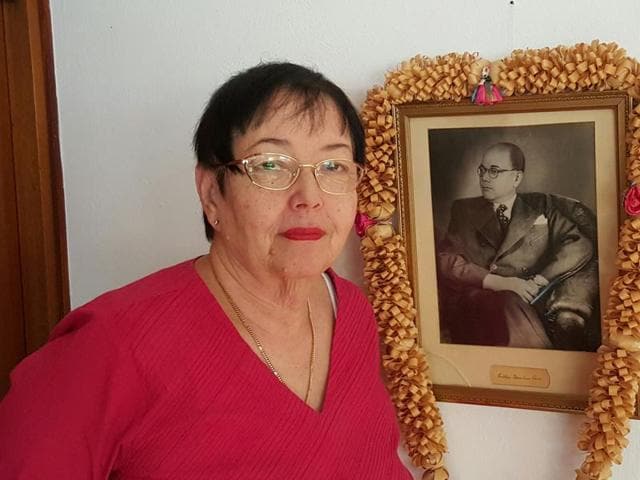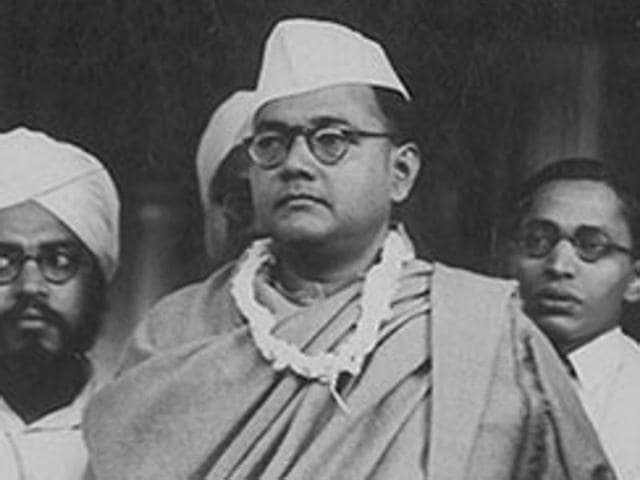Netaji’s daughter convinced he died in crash, wants DNA test of remains
Subhas Chandra Bose’s daughter is annoyed that, instead of accepting evidence, many continue to be obsessed with “asinine” theories that Netaji survived the plane crash in Taipei in 1945 and lived in the mountains as “Gumnami Baba”.
Subhas Chandra Bose’s daughter is annoyed that, instead of accepting evidence, many continue to be obsessed with “asinine” theories that Netaji survived the plane crash in Taipei in 1945 and lived in the mountains as “Gumnami Baba”.

Anita Bose Pfaff, 73, was about a month old when Bose saw her for the last time in Vienna. Based on available evidence, she is convinced he died in the crash on August 18, 1945, and has proposed a DNA test on his remains kept at Renkoji Temple in Japan to put the row to rest.
Speaking to Hindustan Times shortly before the Narendra Modi government begins releasing declassified files related to Bose from Saturday – his 119th birth anniversary – Pfaff said she supported the move but doubted it would end the “fruitless” controversy over the crash.
A former academic and economist, she spoke on a range of issues, including the relationship between her mother, Emily Schenkl, and her iconic father, who, she remarked, “must have been a disaster as a husband”.
Netaji’s death in the plane crash, she said, is the “most likely thing to have happened” though she would be open to other possibilities supported by evidence. She added that she had not “seen any evidence which is more convincing”.
Asked if it was time to put to rest the controversy regarding Netaji’s death in the crash, Pfaff replied: “I wish so, it is rather fruitless with all these rather asinine theories being advanced, including that he is still alive, God knows where, or that he lived in the mountains as ‘Gumnami Baba’, which is an insult to him...”
She said it was doubtful anyone as dedicated to India as her father would “go and live in the mountains” and not get in touch with his family.
Pfaff further said she doubted the secret files to be released by the Indian government would contain anything “about the plane crash not having happened”.
Read: I would like to sleep a while: Netaji’s last words on Aug 18, 1945
She suggested the Indian and Japanese governments should work together to facilitate a DNA test on Bose’s ashes at Renkoji Temple in Tokyo. A joint approach alone could convince the temple’s priest to hand over the material for a test, she added.
Pfaff said she was earlier hesitant about seeking such a test “because I felt the Japanese would feel very insulted”, but the move could help address the “whole rather undignified discussion which has been going on over decades”.
“...I think rational people would at least accept the outcome of that, whichever way it were to go,” she said.

Pfaff said if the DNA test shows the ashes are of Bose and if the Japanese are amenable, it would be better for the remains to be taken to India.
She said there would have been “a number of consequences” if her father had returned to India after World War II. He would have “involved himself in the politics of the time” and there “would have been a prominent alternative to (Jawaharlal) Nehru”, she said.
Though Bose and Nehru agreed on some issues such as industrialisation, Netaji “would have a different view towards Pakistan”, she said.
“If he could not prevent Partition – both he and (Mahatma) Gandhi wanted to prevent it – I think he probably would have tried and succeeded in having better relations with Pakistan,” Pfaff said.





